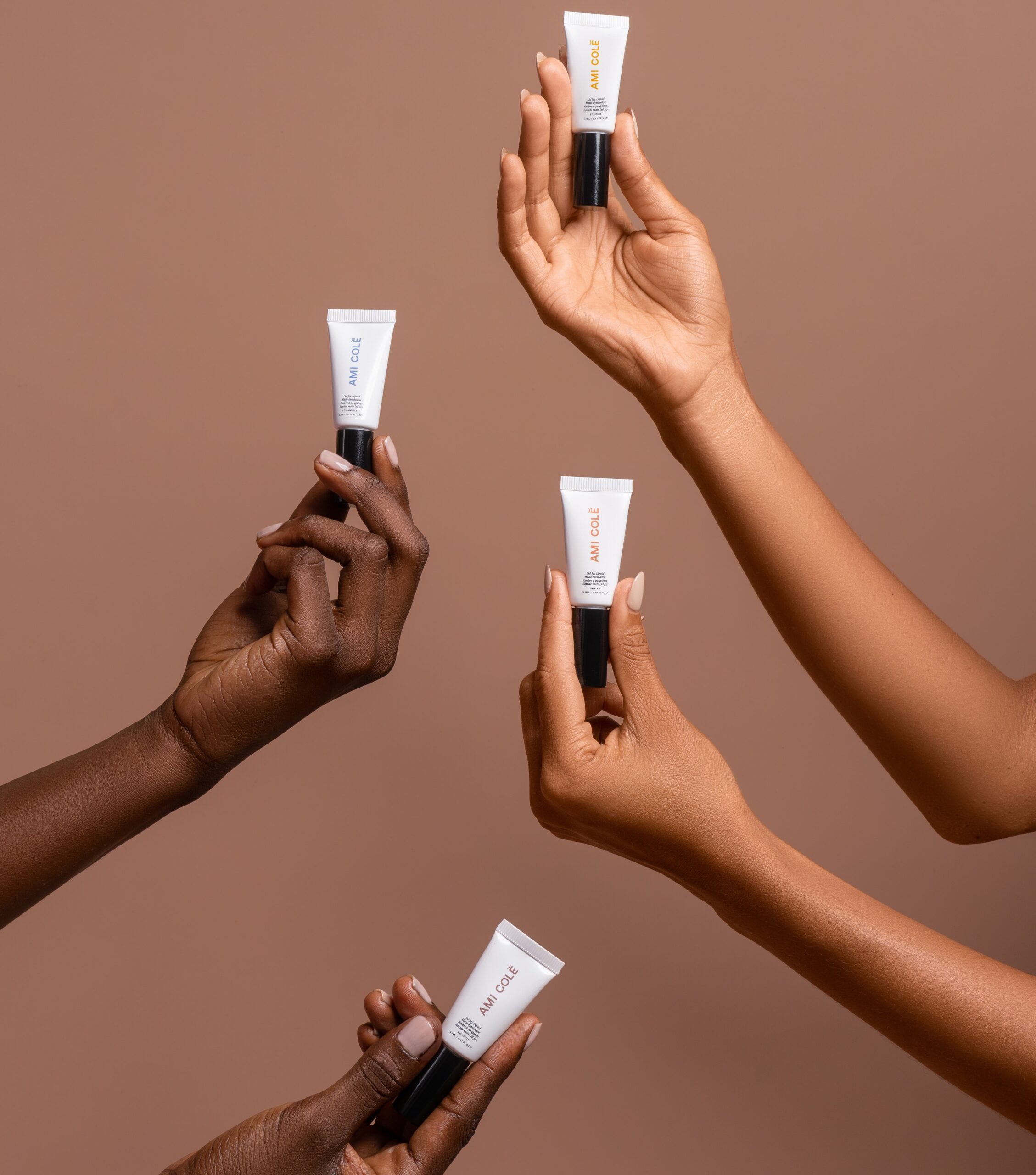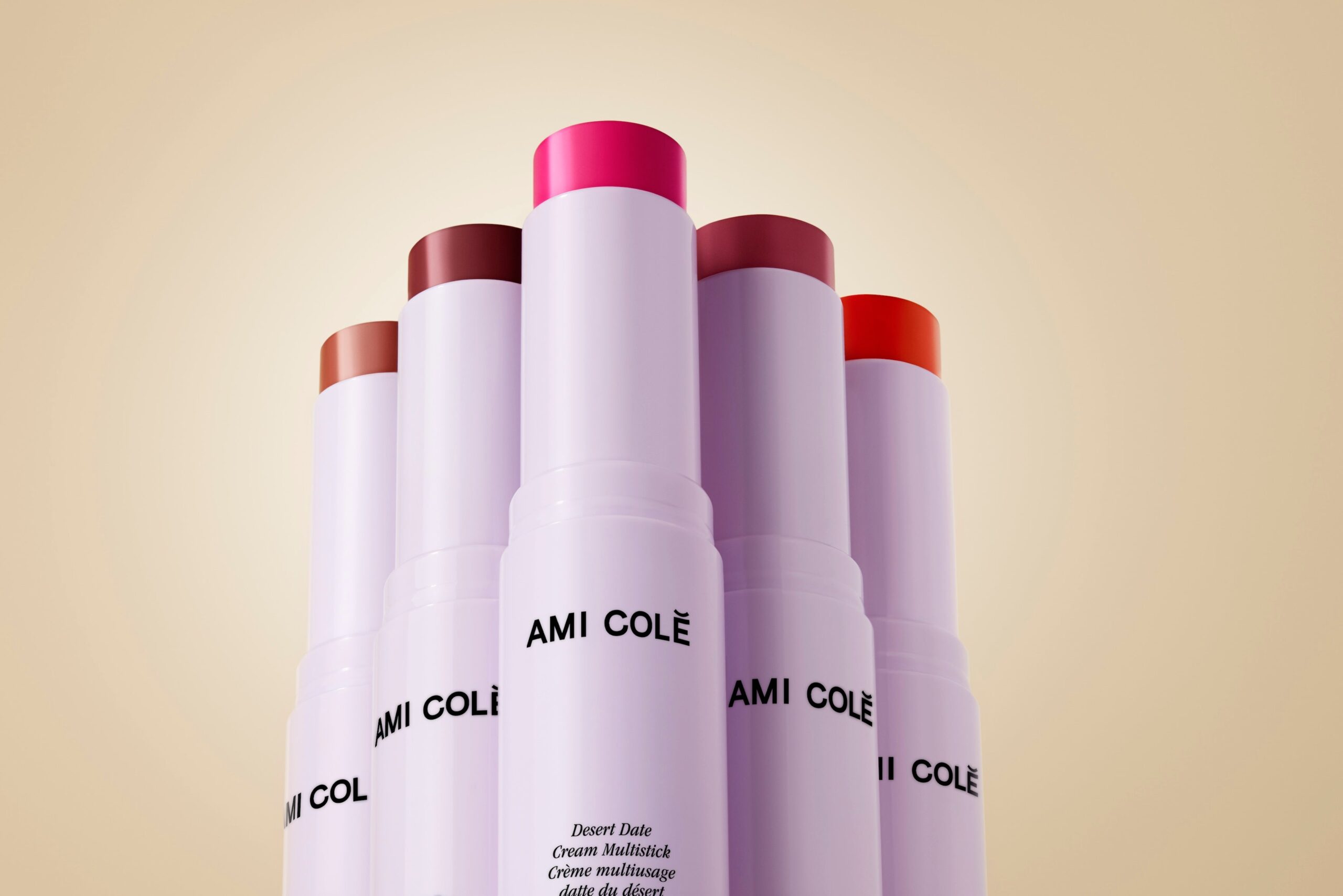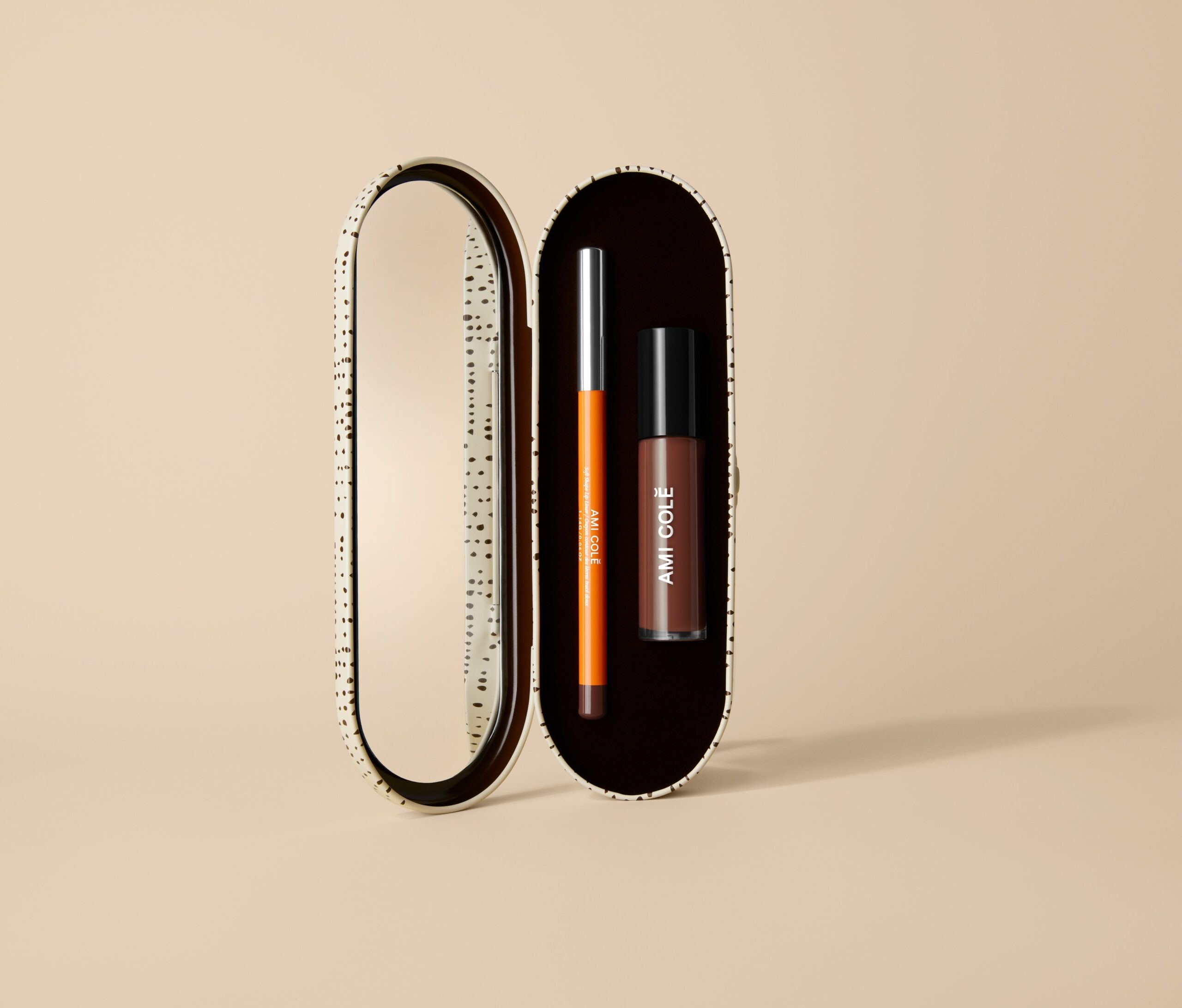Diarrha Ndiaye has a résumé that reads like a beauty aficionado’s dream tour—she’s worked at Sephora, L’Oréal Paris, Temptu, and Glossier. She took what she learned while working at these brands and launched her own beauty empire, Ami Colé. Her focus on beauty basics for those with melanin-rich skin was an instant success, garnering her awards such as the 2021 Beauty Independent Beacon Award for Best Cosmetics Product Launch.
She sits down with the Shopify Masters podcast to share her journey and to detail the marketing magic she learned while working at some of the most influential beauty brands of the past 50 years.

Seeing a gap in the beauty landscape
After stints on the sales floor at Sephora and later on the social and product teams for L’Oréal Paris, Temptu, and Glossier, the Senegalese-born founder from Harlem wanted to create beauty basics for melanin-rich skin.
Diarrha knew there was demand for vegan, non-toxic beauty basics for people like herself. With this knowledge, Ami Colé launched with three products that became almost instant hits: a baobab seed-powered Light-Catching Highlighter, a Skin-Enhancing Tint, and a Lip Treatment Oil.
She knew she had a winning formula after receiving the Beacon Award and garnering coverage in Vogue, as well as shelf space at Sephora. “Creating the brand to have that orange box, be able to stand out on black floors … it was about sparking curiosity and meeting a deeply felt need [by an audience of Black and brown people].” Make your products stand out and design your formulas and packaging to go against the traditional offerings already on the market.
Embracing data for product development
In the beauty industry, where intuition often guides product development, Diarrha’s approach to building her brand stands out for its reliance on data. Her tenure at L’Oréal, where data analytics shaped major marketing and product decisions, left a lasting impression she carried into her entrepreneurial journey. “L’Oréal was very data-centric … decisions were really baked in pattern recognition,” Diarrha explained. This exposure to high-level data analytics from NPD and Nielsen demonstrated how vital these types of insights could be in crafting products that not only meet but anticipate customer needs.

Translating corporate strategy to startup agility
Diarrha knew she wanted a data-informed approach to her product offerings, but access to the vast resources of a global conglomerate like L’Oréal wasn’t within her budget. Instead, she used social media, a more accessible yet equally insights-rich environment, to enhance what she saw via her Google Analytics data. By engaging directly with potential customers through platforms like Instagram, she conducted informal yet insightful market research. “I interviewed over 400 people … to really understand what they wanted,” she says, highlighting her methodical approach to gathering actionable data.

Crafting products based on demand
The insights gained from social media conversations directly influenced Ami Colé’s product development. Diarrha was able to identify gaps in the market for her demographic and develop the everyday products her community was actively seeking.
This strategy ensured the brand’s offerings were well-received, and it built a foundation of trust and loyalty among her customers. “This wasn’t just about selling a product; it was about creating something that truly served the community,” Diarrha says.
Launching a brand involves more than just having a great product; it requires understanding the market. For aspiring entrepreneurs, Diarrha’s data-driven strategy underscores the importance of consumer insights in developing a product that resonates with your target audience. Intuition and experience told Diarrha she was filling a need; data and customer feedback backed that up. This approach minimizes risks and maximizes the potential for success, especially in industries as competitive as beauty.
To learn more about Diarrha’s origin story and how she was able to identify and respond to a market gap, listen to the Shopify Masters podcast.
